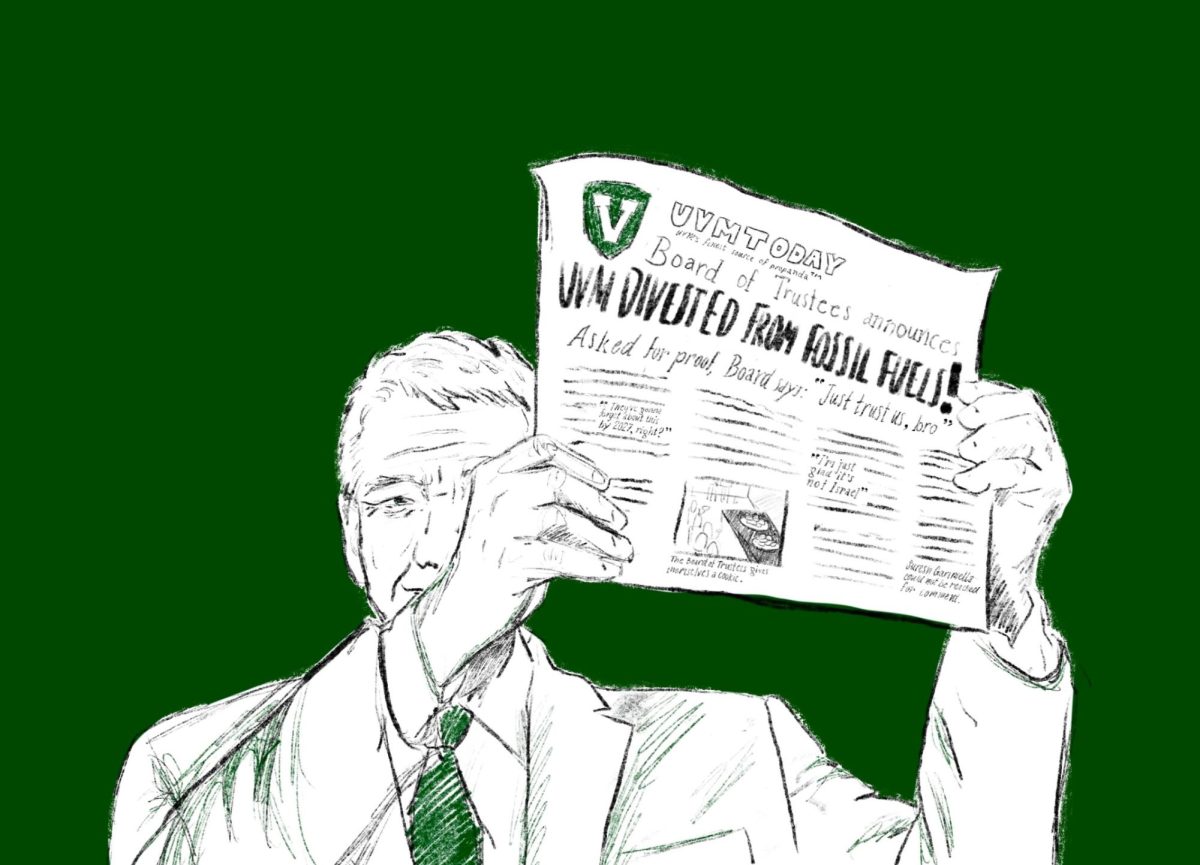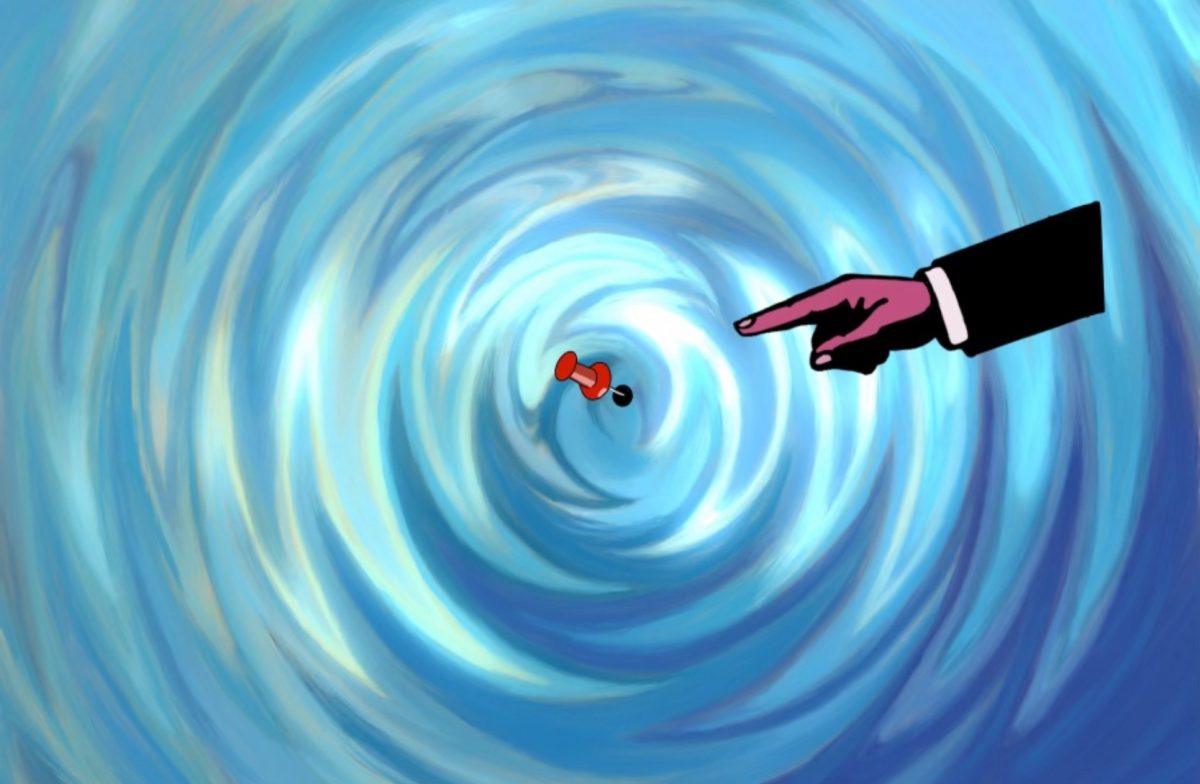What happened to the days of looking toward the heavens and dreaming that we may one day live there?
What happened to the drive that our country once shared to unlock the myriad secrets of the universe?
Though we incur steadily increasing debt, efforts toward these things are becoming less and less.
The talk of still-admired forbearers, “We choose to go to the moon, not because it is easy, but because it is hard,” seems to have been abandoned.
While the space program once seemed like something that would continue long after the generations that started it had passed, the dream seems to be no longer there.
The moon bases, space stations and flying cars that were supposed to by now be commonplace remain as distant as ever. And our ambitions for such things have been replaced by a mindless thing called “pragmatism.”
The idea that human ingenuity should be concentrated and directed towards something both literally and figuratively bigger than ourselves has been strangled by concerns of money, and questions of the rote utility that can be gained from things as “silly” as space travel.
But these concerns are false. Have we forgotten the advances in computing, materials sciences and other things produced from countless missions into the unknown?
This does not strike at the heart of the larger, more important issue however.
In our dwindling support of the sciences, we have begun leaving behind some of the most human of endeavors that a government can undertake.
In using the tools of government to explore and discover more about our world and worlds beyond, we extend the curiosity that sets our species apart from other species into a collective act that is greater than the sum of its parts. We leave behind a little of what makes humanity so beautiful.
We alone exist for purposes other than existence. We live to explore and to create, to invent and expand the arts and the sciences. Without these drives, we are little more than mouths that swallow and hearts that ceaselessly and pointlessly drone on.
Yes, science is an expensive and uncertain thing, but it is worth every penny. It is essential to validate and make important our place on this earth.
When we do science, we do great things. We transcend the bonds of our world.
We draw ourselves closer to the kind of understanding and power once reserved only for the gods.
But that kind of wonderment and ambition has been shunned in general in this world.
Is it not a worse decision to commit our resources to war?
Can we not, out of the trillions spent every year on the mundane aspects of running a country, carve out a more substantial slice towards pushing forward the whole of human race by expanding its knowledge?
It is time that we decide we can.












![Can’t buy me [self] love](https://vtcynic.com/wp-content/uploads/2024/04/self-care-FINAL-1200x796.jpg)



